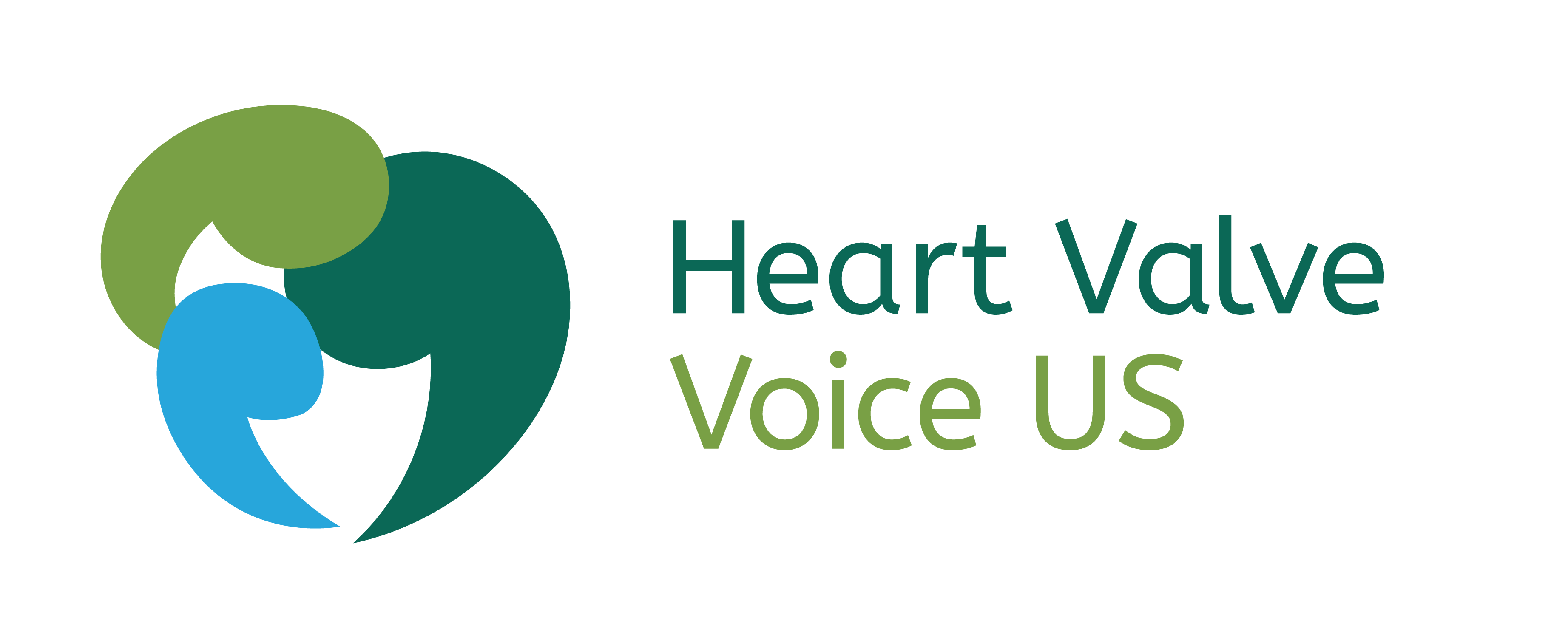On May 15, the U.S. House of Representatives passed the Health and Economic Recovery Omnibus Emergency Solutions (HEROES) Act (H.R. 6800) by a vote of 208-199, sending the bill over to the Senate for consideration. This legislation is viewed as the House’s version of the follow-on legislation to the Coronavirus Aid, Relief, and Economic Security (CARES) Act (P.L. 116-136) and would provide trillions in additional resources to combat the COVID-19. The legislation includes provisions relating to student debt relief, additional individual direct cash payments, extension of enhanced unemployment benefits to January 2021, debt collection relief, and roughly $1 trillion in direct financial relief to states, localities, and tribal governments.
Importantly, provisions in the bill expand paid sick and family leave, which may be crucial for heart valve patients and care partners of these patients. This includes allowing employers to claim up to an additional $2,000 (up to $12,000 total) in refundable payroll tax credits and allows individuals to claim the credit for a maximum of 60 days rather than 50 days. The bill also includes important provisions that would provide both private and public sector employees (those that have worked at least 30 calendar days) to take up to 12 weeks of protected paid leave regardless of employer size and, among other things, allow paid leave to be used to care for a family member with a disability or an older adult whose place of care or provider is unavailable due to social distancing and other reasons.
Additional provisions of interest for the Heart Valve Voice US community include:
- Additional scientific research funding, including $125 million at the National Science Foundation to prevent and response to COVID-19 and $4.745 billion to the National Institutes of Health (NIH) to increase COVID-related research at academic institutions;
- $1 billion for hospitals and critical infrastructure in U.S. states and territories, increasing access to medical procedures in these locations;
- $7.6 million for Community Health Centers to increase care capacity and triage support for both COVID-related and non-COVID-related patients;
- $3 billion to the Substance Abuse and Mental Health Services Administration (SAMHSA) to increase mental health support to patients nationally, including immediate funding for behavioral health needs related to COVID-19;
- Additional changes to the Medicare and Medicaid programs, including eliminating cost-sharing for COVID-19 treatment for Medicare and Medicaid recipients, increasing the Federal Medical Assistance Percentage (FMAP) to states by 14 percentage points, and creating an additional, outlier payment for inpatient claims related to COVID-19 above and beyond the 20 percent add-on payment included in the CARES Act for COVID-19 inpatients on Medicare;
- Requirements for group and individual market health insurance plans to notify consumers whether the plan allows advanced prescription drug refills during the emergency period; and
- Additional requirements on the collection and reporting of health demographic data by the Centers for Disease Control and Prevention (CDC), including race, ethnicity, age, sex, and gender of COVID-19 patients, and modernizing health inequities data collection at numerous agencies, including CDC, the Food and Drug Administration (FDA), and the Office of the National Coordinator for Health Information Technology.
H.R. 6800 is not expected to pass the Senate in its current form but may provide a platform to begin negotiations on a final supplemental relief package this summer. One further unresolved issue is a call by certain hospital groups for extensive liability protections for providers related to COVID infections that may occur during elective surgical procedures or other visits.
Senate Majority Leader Mitch McConnell (R-KY) has indicated that consideration of a final package will likely take place after the July 4 congressional recess.
